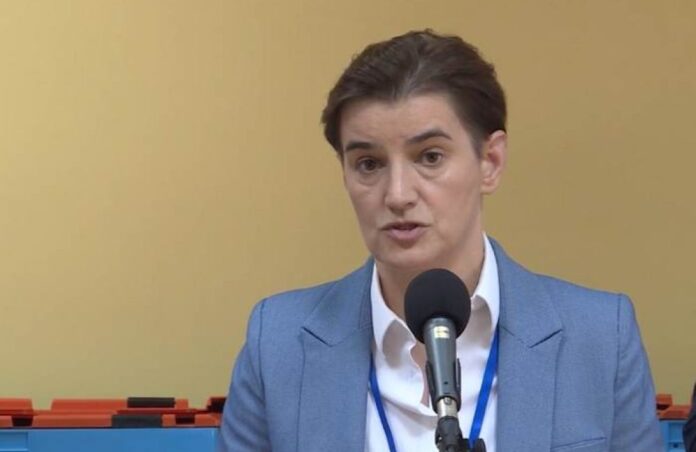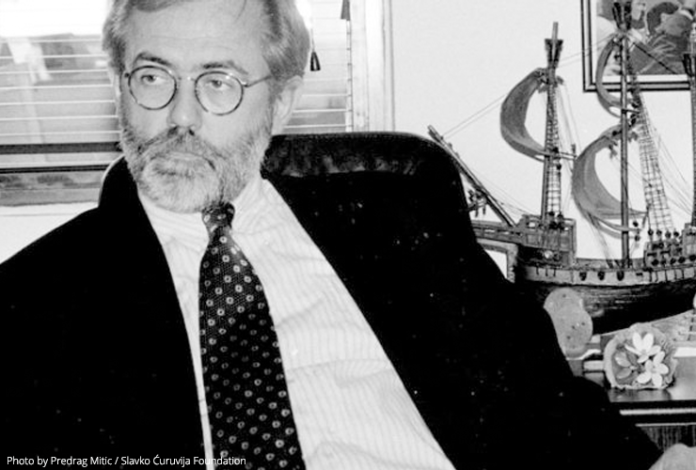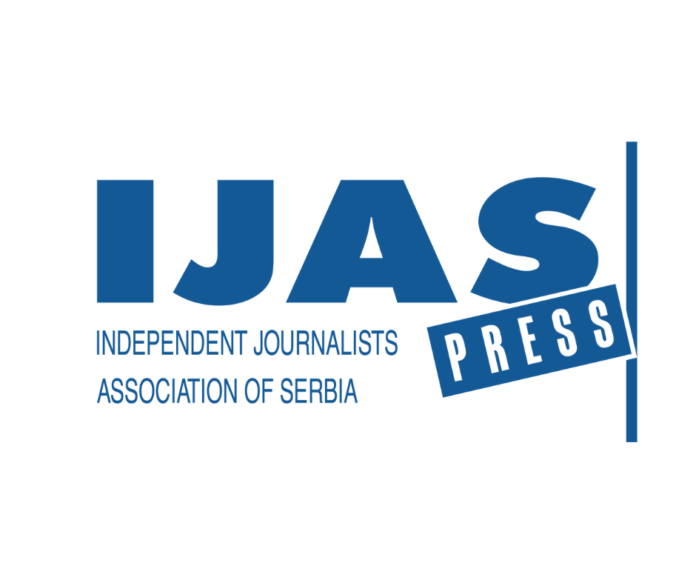The European Federation of Journalists (EFJ) joined partner organisations of the Media Freedom Rapid Response (MFRR) today in raising the alarm about two draft media laws brought forward by the Serbian government for their lack of compliance with international freedom of expression standards. If passed they would represent a regressive step with wide-ranging implications for media freedom and pluralism. As the public debate on the legislation continues, the MFRR calls on the Serbian government to withdraw the problematic changes added into the latest drafts and ensure compliance with the country’s previously agreed Media Strategy.
The latest draft versions of the Law on Public Information and Media and the Law on Electronic Media, developed by the Ministry of Information and Telecommunications, propose a framework that would block the reform of the Regulatory Body for Electronic Media (REM) and pave the way for a return to full state ownership of private media, including Telekom Srbjia. The MFRR is concerned that the proposed changes do not comply with international and European standards on media freedom and freedom of expression and diverge radically from the objectives of the Media Strategy adopted by the Government of Serbia in 2020.
First, the draft of the Law on Electronic Media does not foresee the election of new REM Council members after the adoption of the new law, despite the fact that the draft law prescribes completely new criteria for their election, as well as authorized proposers, as is foreseen in the Media Strategy adopted by the Government of the Republic of Serbia. The REM has faced both domestic and international criticism, including from the MFRR, for its lack of independence and politically-motivated decision-making processes. There has also been widespread criticism about how members of the REM are appointed. Proposed changes which would oblige the Council of REM to adopt the Code of Labour – a shift which would better regulate the ethics of its members – have also been disregarded. If passed, this proposal would solidify political control over REM and block much needed reforms to strengthen the regulator’s independence.
Secondly, the new proposal of the Law on Public Information and Media fails to establish legal provisions that would ensure that all media must meet ethical standards to receive public co-financing funding. Under the previous draft, sanctions issued by the Press Council could see media fail to receive public money from co-financing funding for public interest content. However, new rules provide a loophole for print and online media outlets which have not accepted the competence of the Press Council. For those media, such criteria would not apply, meaning they can continue to violate professional standards with impunity and still receive public funding. We fear this will disadvantage media which abide by professional standards and further encourage the dissemination of disinformation and violent rhetoric in the Serbian media landscape. This change was controversially included at the last-minute by the government and was not discussed in a wider Working Group established to discuss the draft laws, which comprises members of civil society and of the journalistic community.
Thirdly, the government also included in both draft laws an identical provision which would essentially facilitate the return to state co-ownership of private media in Serbia. Under the current Media Strategy, direct and indirect ownership of private media by the state is banned. However, the new law would formally allow the state to return to being the co-owner and founder of media outlets. This would formally legalise the ongoing ownership situation at telecommunications provider Telekom Srbija, which is majority state-owned, in violation of the current law. If passed, the MFRR fears the new law would further cement government control over Telekom Srbija and represent a damaging new form of media capture in an EU Candidate Country which is already experiencing its biggest crisis for independent journalism in years.
Finally, the MFRR highlights that the new proposals radically deviate from the Media Strategy, a landmark blueprint developed after widespread consultation with the journalistic community, which the government of Serbia has held up as proof of its commitment to positive reform of the media landscape. This new approach also undermines years of work by journalist associations and working groups to shape the laws and bring them closer in line with EU acquis and other European standards.
Our organisations warn that if passed, the new laws would undermine national and international confidence in the Media Strategy and pose serious questions for the government’s commitment to improve media freedom and pluralism as part of its potential accession to the European Union. Rather than ushering in positive steps in this direction, the last year has been marked by steps backward, as noted by many of our organisations following a visit to Belgrade, and in the most recent report of the European Parliament.
The MFRR therefore shares the concerns recently outlined by the Coalition for Media Freedom in Serbia, and calls for the government to reverse the problematic changes introduced in the two draft media laws and ensure that their provisions comply with international standards on freedom of expression. As the public debate on the legislation continues, we urge the government to return to discussions with the Coalition and other groups which remain committed to reform of the media landscape in Serbia in line with European values. Key provisions must be reintegrated into the draft laws, especially those which provide for more democratic management of the REM. Our organisations will continue to closely monitor the situation in Serbia and call for systemic media reform.
Signed:
- ARTICLE 19 Europe
- European Centre for Press and Media Freedom (ECPMF)
- European Federation of Journalists (EFJ)
- Free Press Unlimited (FPU)
- International Press Institute (IPI)
- OBC Transeuropa (OBCT)











